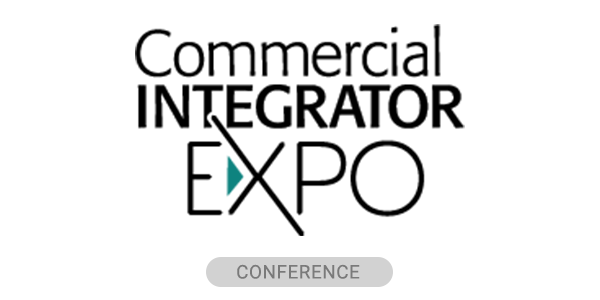The U.S. Supreme Court has taken up the Google v. Oracle case, and a decision within the next few months could have a profound impact on the tech industry – including pro AV.
The decade-long case between the two tech giants stems from when Oracle in 2010 acquired Sun Microsystems, then the owner of the Java platform.
At issue are about 11,500 lines of code from the popular programming language Java platform that Google used to create the Android platform on which many devices and smartphones operate. Using that code made the Android platform compatible with Java.
A brief background
Oracle brought the suit, alleging that application programming interfaces (APIs) are subject to copyright laws, claiming it is owed several billions of dollars stemming from Google’s success with the Android platform.
Two lower courts previously ruled in favor of Google, but higher courts have reversed those decisions and found that APIs are not fair use, Google appealed to the Supreme Court, and oral arguments were heard in early October.
In large part, the tech industry has rallied behind Google, with industry giants like Microsoft, Mozilla, Red hat, IBM and others filing briefs in support of Google’s case, arguing that ruling in Oracle’s favor could open the door for further litigation and upend the tech industry, which leans on an open source framework to develop apps and interoperability between services.
The court could keep its scope very narrow and isolated to this one case, or on the flipside, could issue a broad ruling about APIs that could affect many more organizations and tech developers than just Google.
Read Next: Court Holds Shure in Contempt of Preliminary Injunction in ClearOne Patent Case
How the Ruling Could Affect Pro AV
Outside of the pro AV industry, there’s a huge movement to open source, interoperability, integration and having two products working together more seamlessly, but in pro AV, most products have their own APIs, says Steve Greenblatt, president of AV control system company Control Concepts.
Adjacent to AV, there is a particularly big push in IoT solutions to make equipment compatible, Greenblatt says.
“It may create some more visibility to the fact that we need to look at different ways to facilitate intercommunication, and I think a lot of that is already happening,” Greenblatt says. “There’s a lot of sharing of information in libraries and software, or software developers posting code for free. I think we’re moving away from restrictions in general.”.
There may be no immediate negative impact for manufacturers, integrators and software providers in AV, but there may still be an impact nonetheless.
“For us, or for an integrator, I don’t think it has an immediate impact — unless it becomes very visible that anybody can replicate anybody else’s API, or what it could do is bring attention to the fact that maybe we need to all agree on one consistent API,” Greenblatt says.
“That’s been something that’s been talked about for many, many years in the industry,” he says.
Greenblatt calls a scenario in which the AV industry catches up with the rest of the tech and software industry and embraces the open source movement “a wake-up call” since it would make integration a lot easier, but that may come with some potential drawbacks.
“But what it also does is it is going to lessen the value that can be provided, whether it’s software development or trying to overcome the technical hurdles of making equipment work together,” Greenblatt says. “It can be looked at both ways – whereas integrators earn money doing that.”




